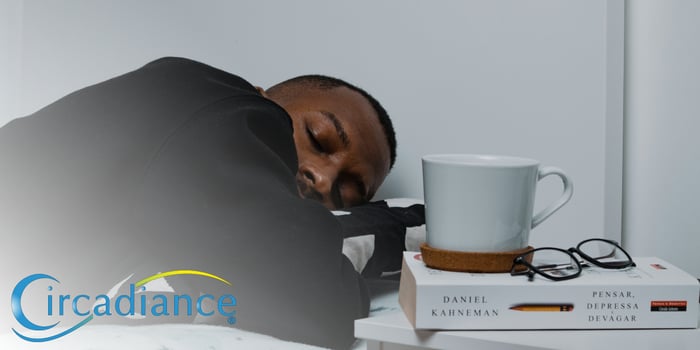Sleep is possibly the most important thing we humans can do for our physical, mental, and emotional health—as adequate sleep is essential to every process in our bodies. Sleep is so essential that researchers believe it is even more important than diet and exercise.
What happens to our physical health when we go without sleep? So many chronic health issues such as diabetes, heart disease, kidney disease, high blood pressure, stroke, and obesity can and do develop and are the top medical diagnoses associated with sleep deprivation. Sleep and mental health go together and chronic exposure to poor sleep is associated with depression, anxiety, and many other mental health issues. Sleep deprivation also influences behavior and is often the cause of irritability, crankiness, and poor social conduct. Other studies show a direct correlation with higher injury percentages due to a lack of sleep. Drowsy driving and falling asleep at the wheel have been blamed for many traffic accidents. A 2017 study by the National Highway Traffic Safety Administration estimated that 9,000 police-reported crashes were due to drowsy drivers and that this caused a total of 800 deaths, not including the total number of people injured due to these accidents.
While there are more than 80 different official sleep disorders that require a physician to determine and diagnose, there are steps you can take right now in your own home to adopt healthy sleep hygiene habits. The National Sleep Foundation (NSF) put together a 7-day plan for incorporating some of the best habits for restful and regenerative sleep:
DAY 1: Make time for sleep. Just as you make time for a doctor's appointment, dinner with friends, work, and other daily obligations, schedule your sleep! Know when it is time to go to bed to get the required hours of sleep as an adult, teenager, or child.
DAY 2: Eat dinner several hours before bed and avoid bedtime snacks. Feel satisfied but not full when it is bedtime.
DAY 3: Put down your electronics an hour before sleep. This includes TVs, laptops, smartphones, etc. Researchers say that the blue light emitted from these devices disrupts your body’s melatonin.
DAY 4: Make your bedroom ‘sleep healthy’. This includes keeping the room temperature between 65 and 72 degrees as studies show cooler air supports deeper sleep. Also, the NSF recommends colors and décor that have neutrals, blues/greens, and pastels for calmness.
DAY 5: Start a consistent bedtime ritual to normalize your circadian rhythms and begin to get drowsy at the same time every day and awake at the same time. You will feel more energetic too!
DAY 6: Try to eliminate your stress and worries before bed by putting effort into decompressing before bed. There are so many techniques to use. Try stretching, deep breathing, visualization, and/or journaling. Try to find the best technique for you.
DAY 7: Keep up these habits! Keep a calendar to stay determined to live healthy. Keep it by your bed. Be mindful of your daily habits and write down in your calendar how well you did or if you fall off track. Don’t let yourself fall off these practices: be flexible with yourself and keep it up!
While these sleep habits will encourage life-long practices to remain cognizant of healthy living, it is important that you also know when you need to seek out professional help if your sleep or rather, lack of sleep is causing you or your bed partner angst. Persistent snoring, gasping for air, restless leg movements during the night, or excessive sleepiness or headaches during the day should alert you to the fact that you need to schedule an appointment with a physician. You will likely do a sleep study at a sleep lab overnight or an at-home sleep test to determine if you have a sleep disorder and require treatment. If you go through all these steps and are eventually prescribed PAP therapy, you know where to look first!





